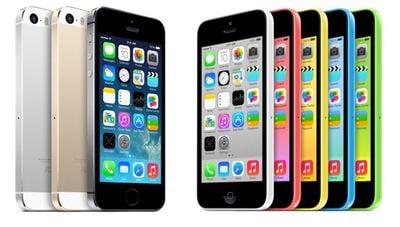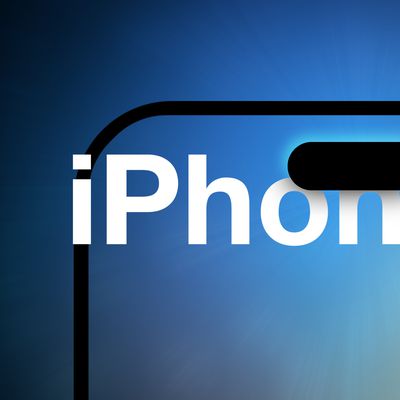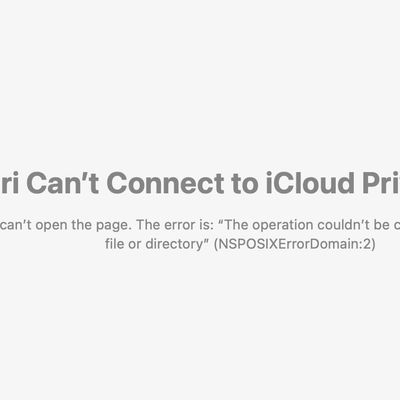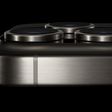According to new data by Consumer Intelligence Research Partners (via AllThingsD), the iPhone 5s has been outselling the iPhone 5c by more than a two-to-one margin since the launch of both devices last month, with the higher-end device accounting for 64% of total iPhone sales and the lower-cost device accounting for 27%. The iPhone 4S made up the remaining 9%, with the iPhone 5s capturing a lesser percentage of new sales this year when compared to the 68% of new sales captured by the iPhone 5 last year.
What’s more surprising is the iPhone 5c’s sales performance relative to that of the iPhone 4S’s following the debut of the iPhone 5. Despite the 5c’s newness and its colorful design, it’s not selling that much better than the 4S did when it was demoted to legacy iPhone by the flagship iPhone 5.
According to CIRP’s analysis, the 5c accounted for 27 percent of iPhone sales during the time period surveyed — just slightly more than the 23 percent captured by the 4S during the same period last year. Remember, the new 5c is this year stepping into a role similar to the one the old 4S served last year: The $99 iPhone. But Apple has attempted to improve its value proposition, tricking it out with a new plastic chassis and color options.
A 2-to-1 lead for the iPhone 5s over the iPhone 5c would appear to mark a decline from the launch weekend of September 20, when analytics firm Localytics saw the ratio at closer to 3.5-to-1 by tracking the new devices showing up on its network. At the time, we noted that the gap would likely narrow over time as the launch weekend focused on early adopters buying the higher-end iPhone 5s models that were in short supply, while over the longer term the iPhone 5c would more likely hold appeal for mainstream customers updating when their current contracts run out, and that dynamic appears to already be playing out in the weeks following the launch.
Last week, it was reported that Apple is cutting iPhone 5c production from 300,000 units to 150,000 units per day, with the iPhone 5c seeing significantly better availability compared to the iPhone 5s. It is, however, unclear how much of the ample iPhone 5c stock are due to weak demand and how much is due to Apple simply having met demand through more effective production.
Apple announced last month that the iPhone 5s and iPhone 5c had sold a record nine million units during their launch weekend, but the company did not break down the sales distribution between the two models. However, a report from last week stated that the iPhone 5c finished second in sales over the month of September at US carriers AT&T and Sprint, and finished within the top three in sales at all four major carriers, which suggests that the lower-cost iPhone is at least selling fairly well.



















